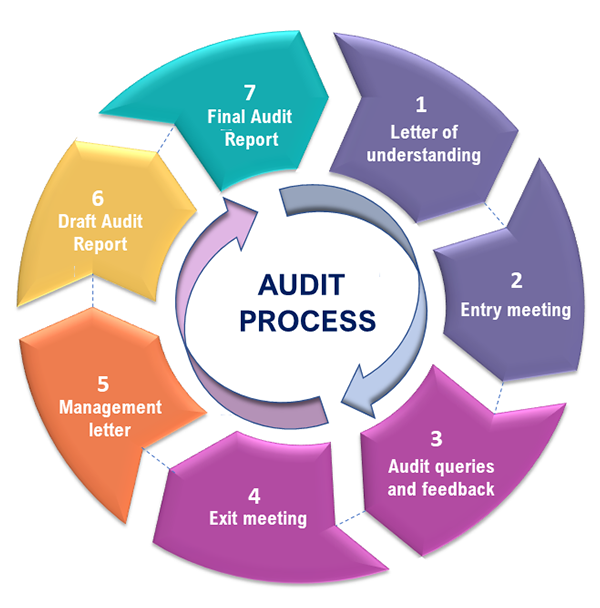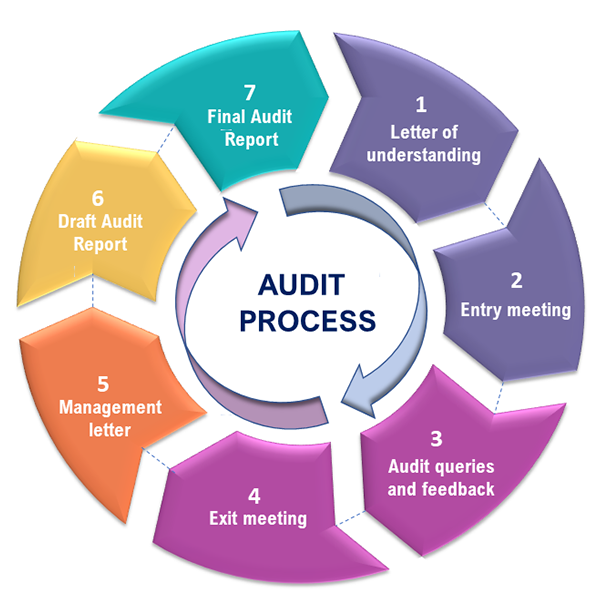What does an internal auditor do?
Internal auditor Internal auditors play a vital role in ensuring the integrity, efficiency, and effectiveness of an organization’s operations. While many people are familiar with external audits, internal auditing is equally crucial in maintaining the financial health, operational efficiency, and regulatory compliance of a company. This blog will explore what internal auditors do, their responsibilities,… Read More »








